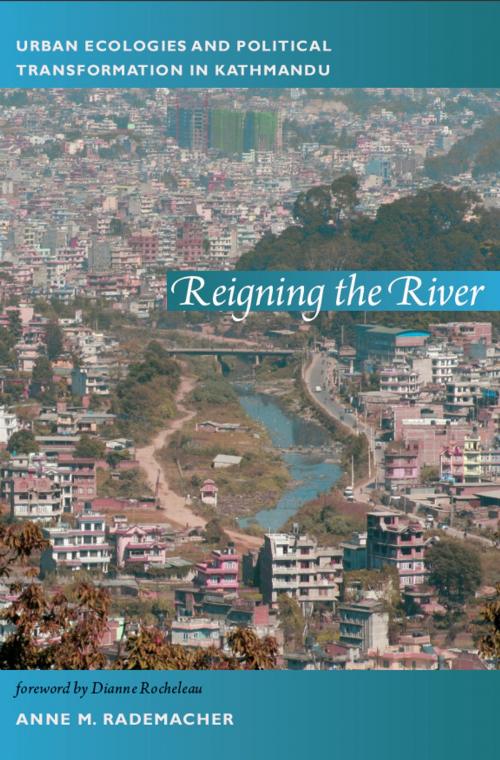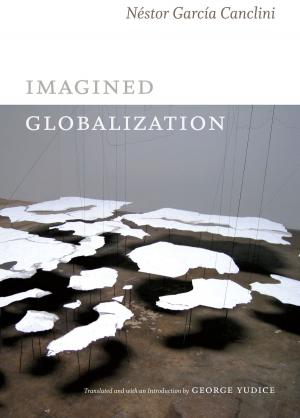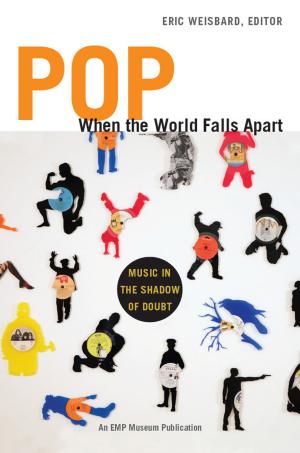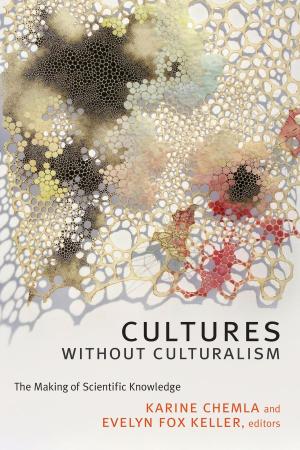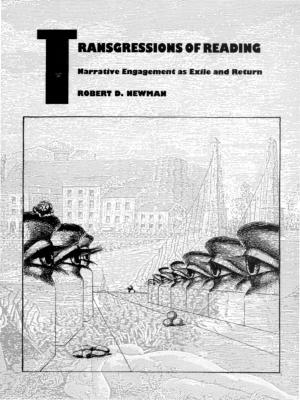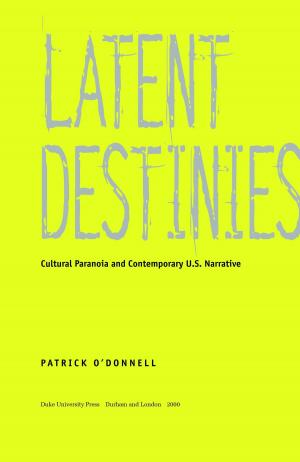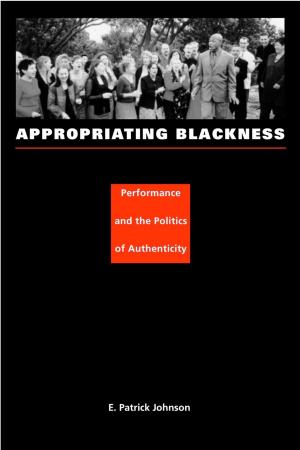Reigning the River
Urban Ecologies and Political Transformation in Kathmandu
Nonfiction, History, Asian, India, Science & Nature, Science, Biological Sciences, Environmental Science, Social & Cultural Studies, Social Science, Anthropology| Author: | Anne Rademacher | ISBN: | 9780822394525 |
| Publisher: | Duke University Press | Publication: | October 27, 2011 |
| Imprint: | Duke University Press Books | Language: | English |
| Author: | Anne Rademacher |
| ISBN: | 9780822394525 |
| Publisher: | Duke University Press |
| Publication: | October 27, 2011 |
| Imprint: | Duke University Press Books |
| Language: | English |
A major contribution to the nascent anthropology of urban environments, Reigning the River illuminates the complexities of river restoration in Kathmandu, Nepal’s capital and one of the fastest-growing cities in South Asia. In this rich ethnography, Anne M. Rademacher explores the ways that urban riverscape improvement involved multiple actors, each constructing ideals of restoration through contested histories and ideologies of belonging. She examines competing understandings of river restoration, particularly among bureaucrats in state and conservation-development agencies, cultural heritage activists, and advocates for the security of tens of thousands of rural-to-urban migrants settled along the exposed riverbed.
Rademacher conducted research during a volatile period in Nepal’s political history. As clashes between Maoist revolutionaries and the government intensified, the riverscape became a site of competing claims to a capital city that increasingly functioned as a last refuge from war-related violence. In this time of intense flux, efforts to ensure, create, or imagine ecological stability intersected with aspirations for political stability. Throughout her analysis, Rademacher emphasizes ecology as an important site of dislocation, entitlement, and cultural meaning.
A major contribution to the nascent anthropology of urban environments, Reigning the River illuminates the complexities of river restoration in Kathmandu, Nepal’s capital and one of the fastest-growing cities in South Asia. In this rich ethnography, Anne M. Rademacher explores the ways that urban riverscape improvement involved multiple actors, each constructing ideals of restoration through contested histories and ideologies of belonging. She examines competing understandings of river restoration, particularly among bureaucrats in state and conservation-development agencies, cultural heritage activists, and advocates for the security of tens of thousands of rural-to-urban migrants settled along the exposed riverbed.
Rademacher conducted research during a volatile period in Nepal’s political history. As clashes between Maoist revolutionaries and the government intensified, the riverscape became a site of competing claims to a capital city that increasingly functioned as a last refuge from war-related violence. In this time of intense flux, efforts to ensure, create, or imagine ecological stability intersected with aspirations for political stability. Throughout her analysis, Rademacher emphasizes ecology as an important site of dislocation, entitlement, and cultural meaning.
